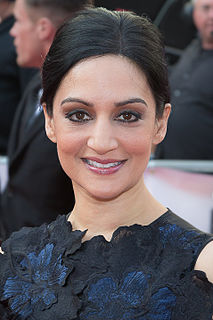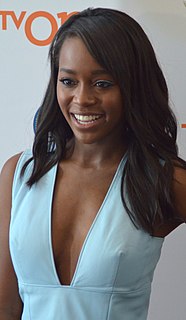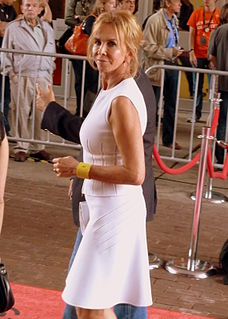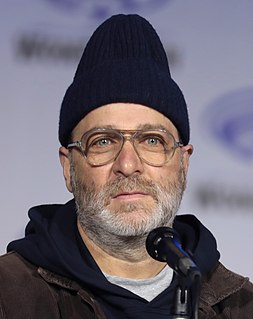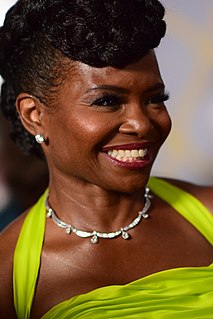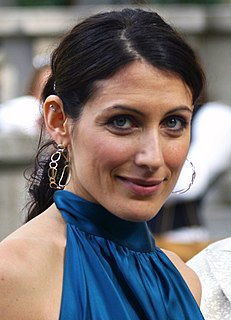A Quote by Octavia Spencer
The reality is that there are so few roles out there for women and for women of color, and I'm a character actor, this I know. And I'm getting to see more of the roles that are out there, but there aren't many. And zilch have been studio movies. Zilch.
Related Quotes
If you just look at the number of roles for women versus the number of roles for men in any given film, there are always far more roles for men. That's always been true. When I went to college, I went to Julliard. At that time - and I don't know if this is still true - they always selected fewer women than men for the program, because there were so few roles for women in plays. That was sort of acknowledgment for me of the fact that writers write more roles for men than they do for women.
Throughout my career I've played a lot of parts that might've been played by a man. They're human roles rather than specifically men or women. I've never been as hooked into that as a lot of women are, you know, like, 'There aren't enough roles for women.' There aren't necessarily a lot of good roles for anybody.
The problem of sexism is getting better, but I don't know if it's getting better fast enough. We see more roles for women that don't entirely revolve around the way in which they function in a man's life, but typically those women are almost always white, and even then, there are only a few of them.
You have to get out of your comfort zone in order to grow. And as an actor, you don't become Meryl Streep by doing the same type of comedy. You get there by being challenged. And unfortunately, there's a lack of roles for women of color, so you actually have to be the engineer creating some of those roles.
For a long time, way back in the ’30s and ’40s, there were fabulous female roles. Bette Davis and all those people had incredible, great roles. After World War II, something happened where it was not only "get out of the factories," but "get out of the movies." That's when women's roles started to really [change].
There still aren't enough[ roles for women of color]. And I'd say that's the case, not only for African-American women, but for all women in the Hollywood game. It's just slim pickings, and a very challenging time for us. I think that's why more of us need to work our way behind the camera in order to create roles that really illuminate who women are. We still have room for growth in that area, without a doubt.
I think there are great roles for women in television because there is time to allow those characters to evolve. Even if you're the wife or the girlfriend or whatever it is that we women are, playing those things on TV, they are much more drawn out and there are greater arcs for the role. The roles are more integral to the complexity of the story.



